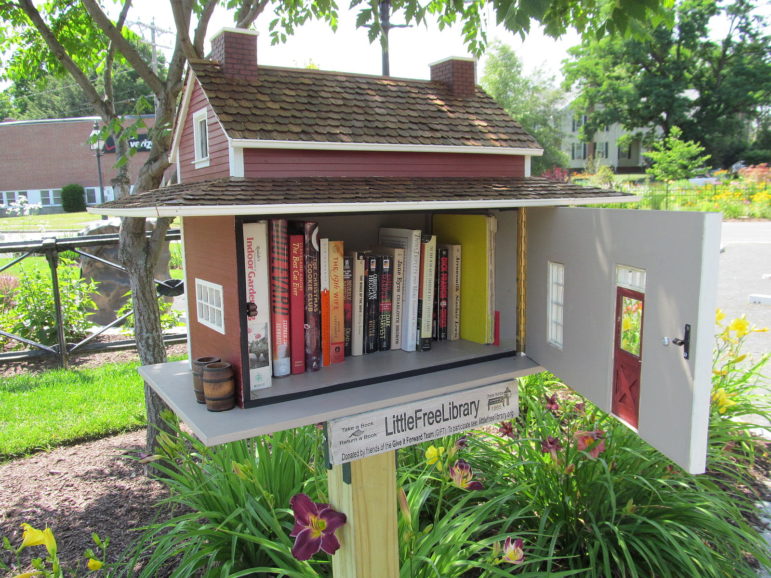
July 30, 2016; Post and Courier (Charleston, SC)
The Little Free Library phenomenon, at 40,000 tiny structures, has grown into something of a movement. The idea is, of course, that you create a structure to hold books and then invite neighbors to bring and take from the organic collection. Establishing a Little Library is an act of community, but that doesn’t mean it can’t also bring more personal benefit.
For instance, in the Charleston area, Ed Reynolds built one such structure for his mother, a lifelong avid reader who was suffering from dementia. He and a neighbor constructed and registered “May’s Little Library” in the subdivision where they lived and it helped extend her love of reading in a new way until she died a few years later.
“My mom often would sit on the front porch and watch people come up to the library and pick out books,” said Reynolds.
Sign up for our free newsletters
Subscribe to NPQ's newsletters to have our top stories delivered directly to your inbox.
By signing up, you agree to our privacy policy and terms of use, and to receive messages from NPQ and our partners.
Of course, the libraries are not immune to local issues. One steward reports having to keep away palmetto bugs, and others have actually seen their installations stolen or vandalized, but that has not stopped their proliferation.
Todd Bol of Hudson, Wisconsin, created the nonprofit that registers the libraries and provides kits to build them if desired to promote literacy and the love of reading. The 40,000 registered libraries contain an estimated 16 million books and exist across 70 countries. California, by itself, has 2,100 registered little free libraries. The first of 15 planned for Armenia was just installed last week in Yerevan.
“Little Free Libraries have struck a chord internationally, because they celebrate reading, community and creativity. It’s truly become a global movement that welcomes everyone to be a part of it, whether you have a Little Free Library of your own or frequent one in your neighborhood,” says Margaret Aldrich, of the Little Free Library.
The nonprofit’s website encourages people to build their own libraries using reclaimed materials. Many do so, getting creative, but the site also provides a do-it-yourself kit for up to $500. The registration fee is $42.45 and includes a charter sign, steward’s guide, and a listing online.—Ruth McCambridge













